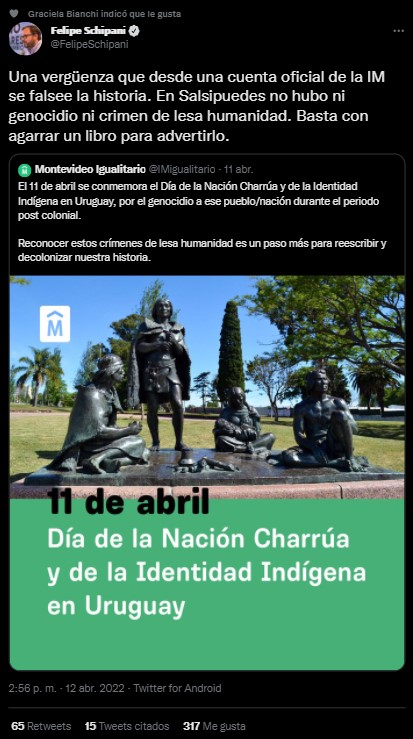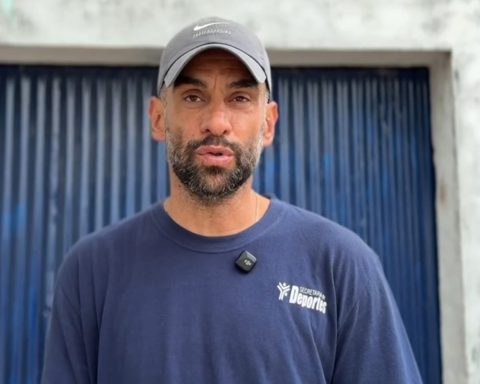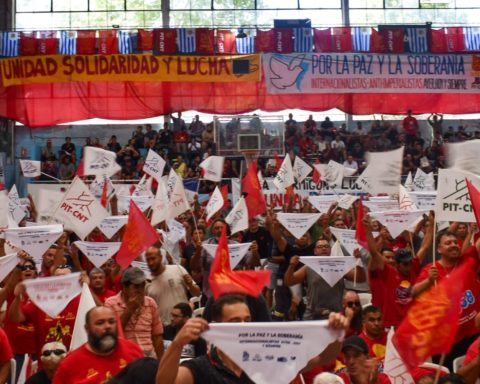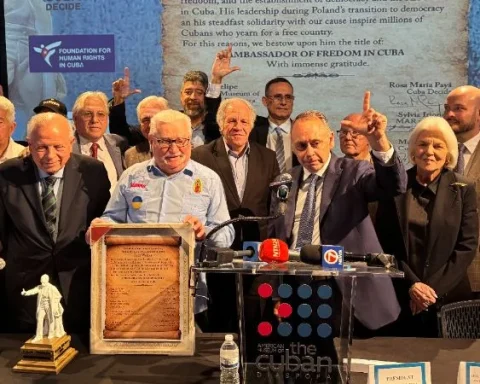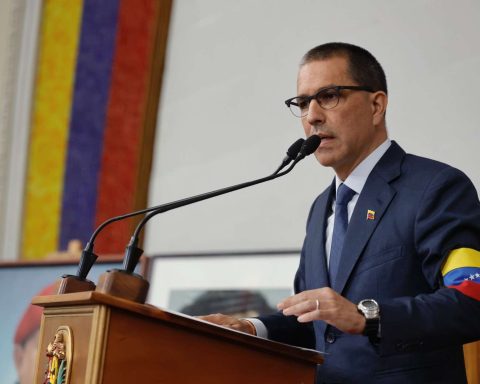
The deputy for the Colorado Party, Felipe Schipani (self-styled “social democratic batllista”) criticized the official Twitter account of the Department of Social Development of the Municipality of Montevideo (@IMigualitario) for commemorating the Salsipuedes massacre on April 11, which led to the establishment of the event that remembers the original people who lived in these lands before the arrival of the Europeans.
“April 11 marks the Charrúa Nation and Indigenous Identity Day in Uruguay, for the genocide of that people/nation during the post-colonial period. Recognizing these crimes against humanity is one more step to rewrite and decolonize our history”, wrote the IM through said Twitter account and shared a photograph of the statue in homage to María Micaela Guyunusa, Senaqué, Tacuabé and the chief Vaimaca Peru, installed In the field.
“A shame that from an official account of the IM the story is falsified. In Salsipuedes there was no genocide or crime against humanity. It is enough to grab a book to notice it,” Schipani said on Twitter.
The senator for the National Party, Graciela Bianchi, clicked on “like” the tweet in question.
The last charrúas
Guyunusa was an emblematic indigenous woman belonging to the Charrúa macro-ethnic group, a symbol of the resistance of a community that survived the colonial regime for three centuries and was exterminated during the 19th century, in republican times.
In the year 1831, General Fructuoso Rivera deceived and ambushed the last Charrúas who had survived the systematic extermination, murdering many of them and imprisoning those who survived. Guyunusa was taken as a slave and given to the French merchant François De Curel.
Guyunusa, Senaqué, Tacuabé and Vaimaca Peru are considered the last Charrúas, and in France they were exhibited in a circus. During their captivity, Guyunusa and Tacuabé had a daughter, but little by little they became ill and died in their captivity. First Senaqué, then Vaimaca Peru and around 1834 Guyunusa, who died according to medical records due to pulmonary tuberculosis. The fate of Tacuabé and his daughter is unknown to this day.
